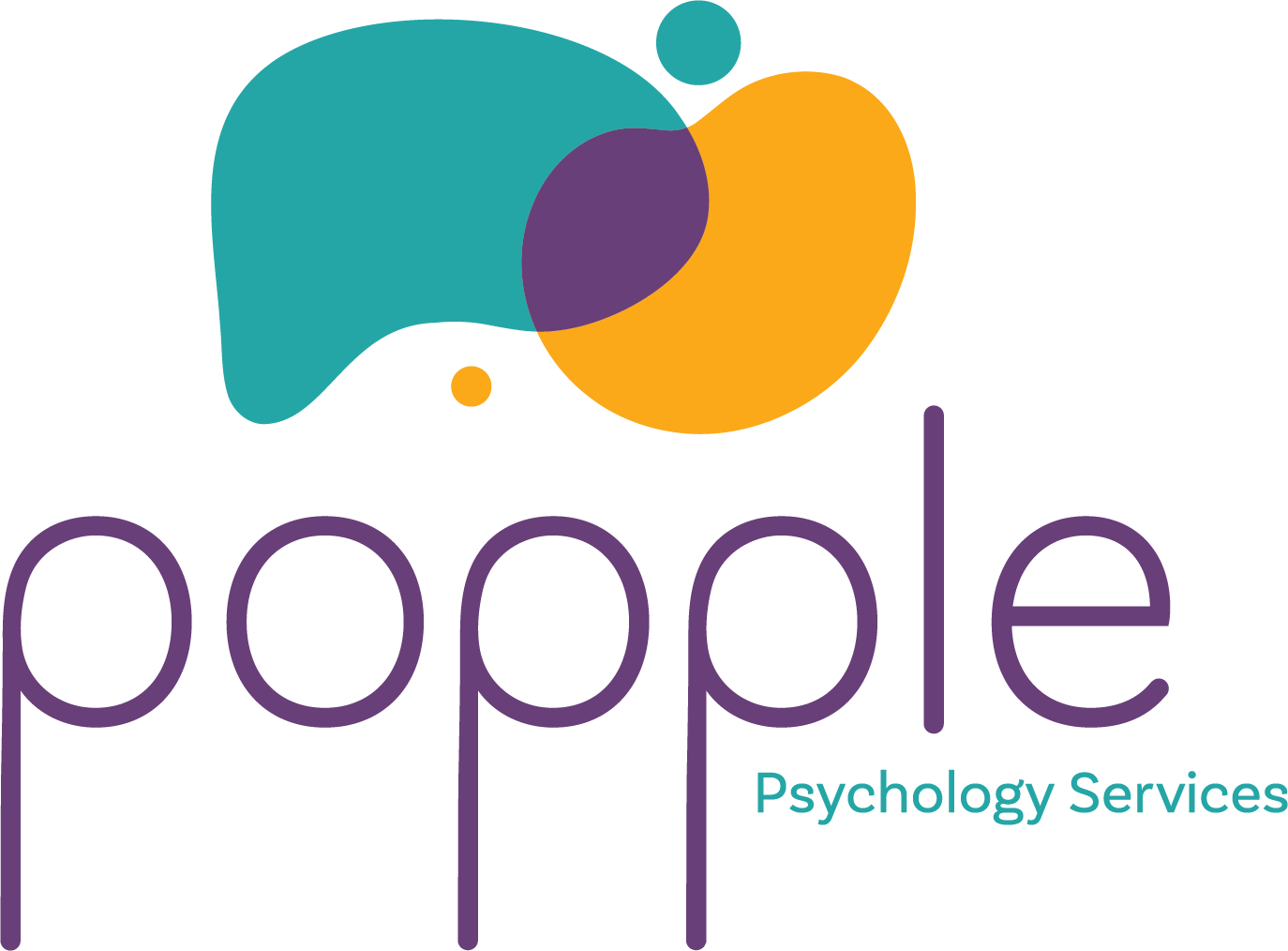Clinical Psychology
There are numerous reasons that families choose to seek the services of a clinical child and adolescent psychologist. Clinical child psychology refers to the application of knowledge about human behaviour and child development to the assessment, diagnosis, and/or treatment of disorders of behaviour, emotions, and thought. The expertise of clinical psychologists is often sought for problems with adjustment and mental health. However, your child certainly does not have to have a mental health disorder to benefit from seeing a clinical psychologist. While many families seek psychology services for mental health conditions their child is struggling with, just as many families contact me to provide support and guidance when their child is going through a difficult time in their lives or is struggling with a particular challenge at home or at school.

My practice within clinical psychology includes providing psychological services (assessment, treatment, and consultation) to children and adolescents struggling with (but not limited to):
Anxiety, including:
generalized anxiety
illness-anxiety
panic
performance anxiety / anxiety related to achievement
selective mutism
separation anxiety
social anxiety
specific phobias and fears
worry
Adjustment to stressful life events
(e.g., grief/loss, bullying)Low Mood (e.g., depressive disorders, withdrawal behaviours)
Obsessive compulsive disorder (OCD)
Parent-child relationship problems / parent-child conflict
Perfectionism and/or procrastination
Poor self-esteem
Stress management
Trauma (including post-traumatic stress disorder)
Please note that, due to the limitations inherent in the private practice context and/or my areas of competency, I do not provide psychology services in my private practice for the following concerns:
Bipolar disorder (including youth experiencing mania)
Child custody / access disputes, including parenting capacity assessments
Early-onset psychosis
Eating disorders (specifically anorexia nervosa or bulimia nervosa)
High risk suicidality
Oppositional defiant disorder & conduct disorder
Substance use / abuse and addictions
